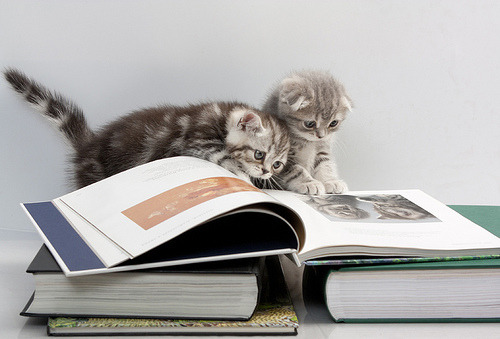For the past two weeks, I've been getting up earlier than
roosters three days a week to run for 20 minutes before I wake my kids up for
school. "Earlier than roosters" means exactly 5:15.
On Wednesday my husband kissed me good-bye while I was still
lying down, which was so completely not part of the plan that I leaped out of bed. You should know that leaping out of bed is not something I
do often. Most often I move out of bed by millimeters, but if he was kissing me
goodbye, that could mean only one thing.
It was 5:47. Dangitall, I needed to get that 20 minutes of
running in somehow! I got dressed as
fast as I could and sprinted to the treadmill. As I ran, I entertained myself
by imagining what the rest of the morning was going to look like. It was going
to be ugly, of that I was certain.
After running, I took the quickest shower ever, and rushed
into my son's bedroom to send him scurrying into the shower. Only then did I
look at the clock. Somehow, miraculously, I was back on schedule. It was 6:20.
It was like having an extra half hour appear in my morning.
You'd think I would remember something magical happening like
that, but I quickly forgot. I blame the mist from the Percy Jackson series. You
know the one that keeps the dull, regular humans from noticing magic... Then I
started doing research for this blog post. I haven't gotten nearly as much
writing done as I need to lately, so I began googling topics like "finding
time to write" and "how famous authors find time to write."
I quickly realized that time doesn't really magically
appear in my morning. It's impossible to 'find time to write'. I have the same
26,400 seconds in my day that Stephen King has in his, and he writes 10 pages
every single day!
What I realize, looking back on my Wednesday morning amazingness
was that by inching out of bed millimeter by millimeter, by staring vacantly at
the wall for who knows how long after I finally stand up, or whatever else it
is I do in the morning, I manage to waste half an hour.
The lesson?
Any task will expand to fill the time allotted to it.
 |
| http://www.hemantmore.org/2011/life-changing-principles-002 |
Writers fall victim to this trap all the time. Such a large
part of writing is spent inside our own heads, or "getting ourselves out
there" on the internet that it's incredibly easy to never actually GET to
the writing part.
What can we do about it?
JK Rowling says:
“Be ruthless about protecting writing days, i.e., do not cave in to endless requests to have "essential" and "long overdue" meetings on those days. The funny thing is that, although writing has been my actual job for several years now, I still seem to have to fight for time in which to do it. Some people do not seem to grasp that I still have to sit down in peace and write the books, apparently believing that they pop up like mushrooms without my connivance. I must therefore guard the time allotted to writing as a Hungarian Horntail guards its firstborn egg.”
Shannon Hale says:
Oh man, I am so sapped. I am a Vermont maple in winter. I've got two mobile almost-one-year-olds and a 4 yo and 7 yo and a husband, who counts as maybe a 10 yo... Anyway, what I'm trying to say is, I'm in no shape to be dolling out advice. I barely survive. I'm sure you know what I mean. This marvelous, marvelous chaos. But my center is my creative time. For 2 1/2 hours four times a week, I have a babysitter, and I close my door and write. Turn off the mommy craziness, turn on Writer Woman. It's not an easy transition, but I have to do it. I just have to.
There's the key! Somehow find time to devote to writing. Set
clear goals about how much I am going to accomplish.
Here are 2 great posts about squashing productivity into its
allotted time:
Finally, I want to tell Sarah how much her posts inspired
me, and how much I will miss them. She's figured out another key to being
productive: figure out your priorities and give them priority in your life.
Thank you Sarah. You will be missed.










































